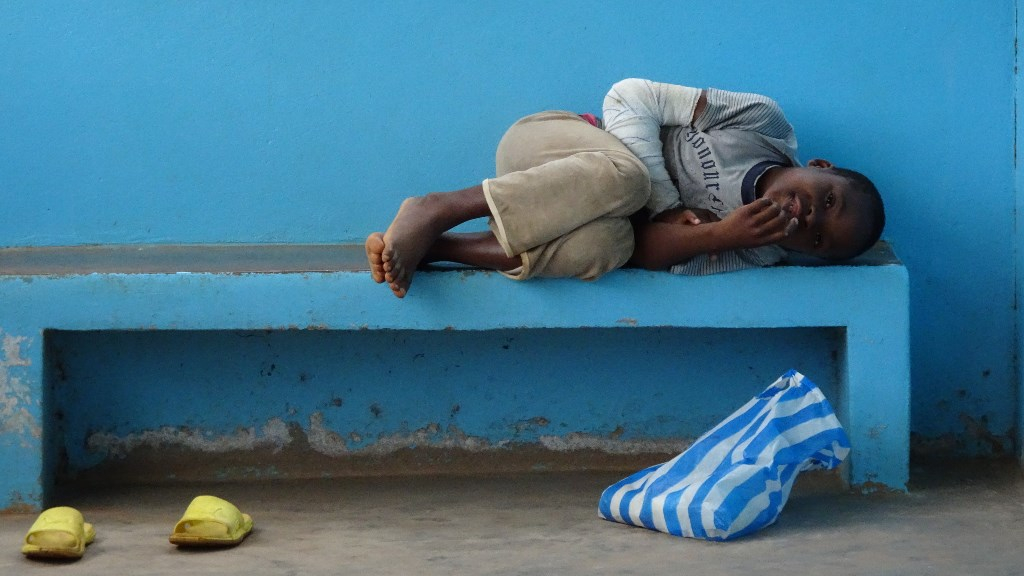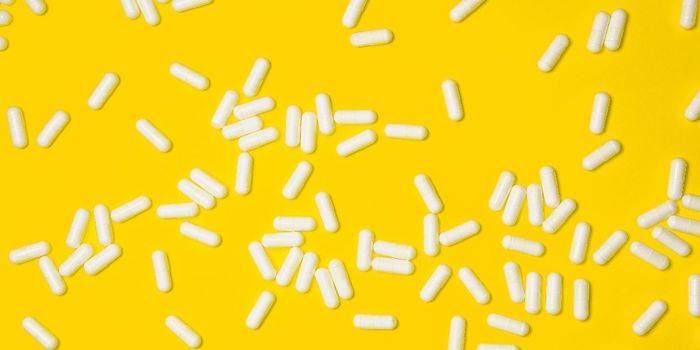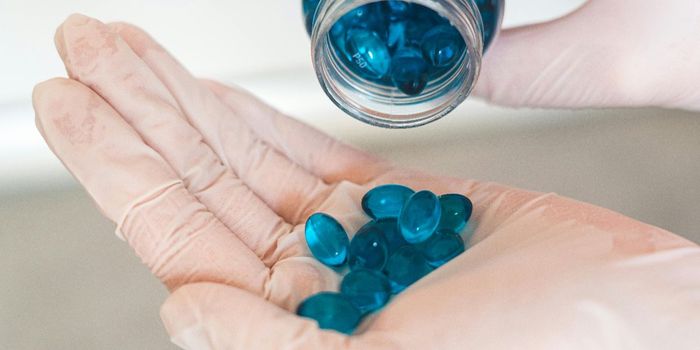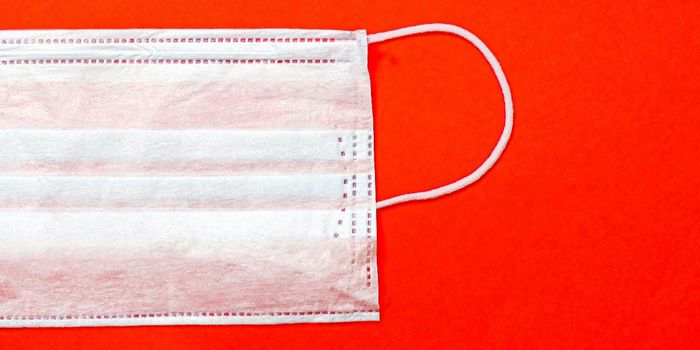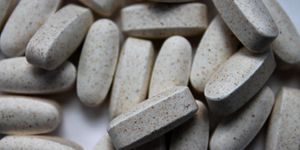Buruli ulcer: promising drug for a forgotten disease
One of the most forgotten and neglected diseases is Buruli ulcer, a debilitating and stigmatized condition affecting primarily children in West and Central Africa. Buruli ulcer is caused by the bacterium Mycobacterium ulcerans and results in devastating skin lesions leading to permanent disfigurement and long-term disabilities.
Treatment for the disease considers surgical removal of skin lesions as well as antibiotics involving the combination of oral rifampicin and injected streptomycin. However, these treatments come with many limitations. For one, surgery is often not an accessible option especially in in low-income areas. Furtherer, administration of antibiotics requires daily visits to a health center and antibiotic use is often plagued with great side-effects resulting such as hearing loss in over 20% of treated patients. These challenges are pushing researchers to seek safer, accessible, and effective treatment options.
Now, in a study published in Nature Communications, researchers have developed a promising compound against Buruli ulcer. The compound, referred to as Q203 (an imidazopyridine amide), was concluded to be highly effective against Buruli ulcer during in vitro and in vivo studies.
"We were very surprised when we saw this high activity. We had previously screened hundreds of compounds that were originally intended for TB drug development and none of the others showed promising activity against Mycobacterium ulcerans," said Gerd Pluschke, Head of the Molecular Immunology Unit at Swiss TPH. "Q203, however, is even more effective against Buruli ulcer than the current most active antibiotic rifampicin. Such a new and exquisitely effective drug combined with a second antibiotic may result in a considerably shorter oral treatment regimen with fewer adverse side effects."
A promising new drug candidate may improve treatment options of Buruli ulcer patients.
Credit: Hubert Vuagnat via Swiss Tropical and Public Health Institute
What makes Q203 very advantageous for treatment is it has already been tested in a phase I clinical trial for Tuberculous. "That means that as soon as funding can be secured, we will directly test the new compound in Buruli ulcer patients in a phase II trial," says Pluschke.
